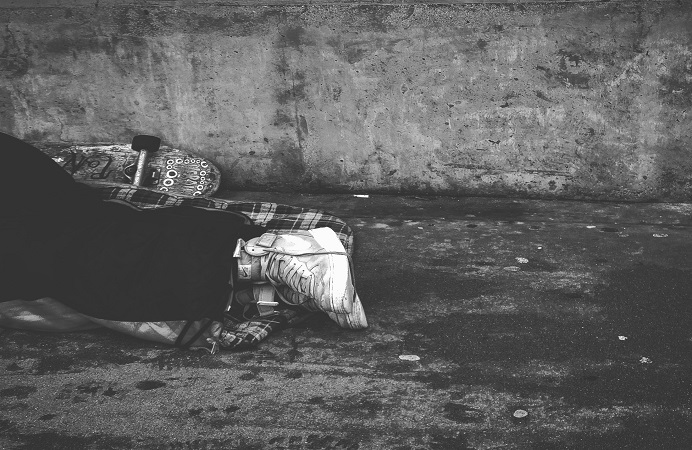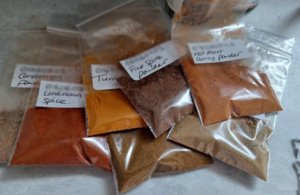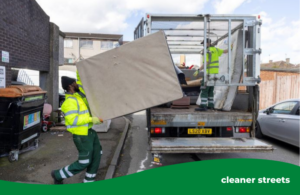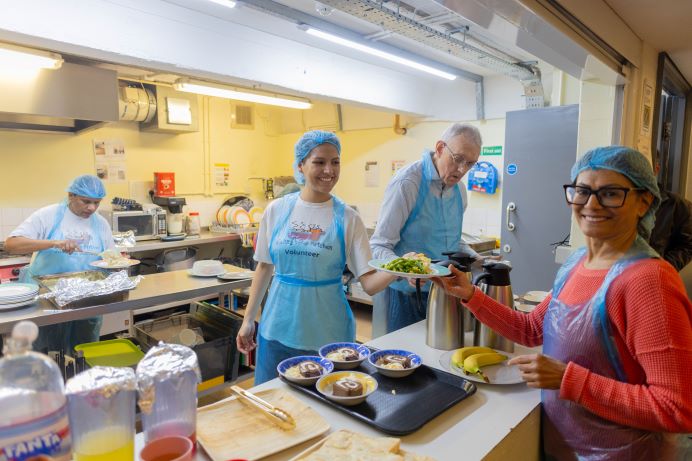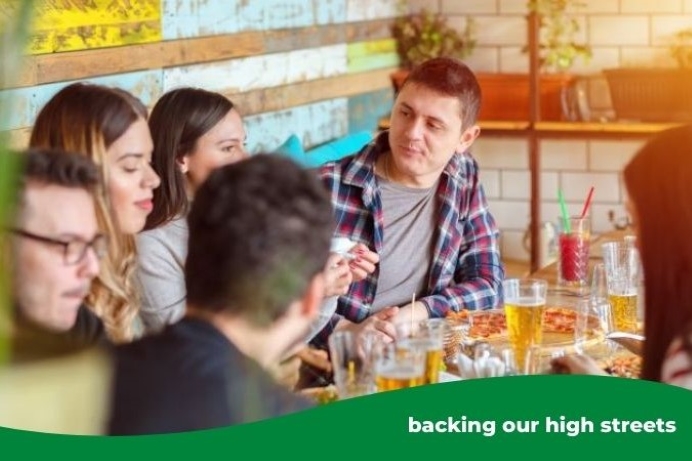Ealing Council, the charity Hope for Southall Street Homeless and other local voluntary, charitable, community and faith-based organisations have called on the government to offer refugee status to rough sleepers who have no recourse to public funds, to help them get their lives back on track and access the help they need.
Since the start of the COVID-19 lockdown, the council has placed more than 450 rough sleepers in emergency accommodation. That means those people have a safe place to live during the pandemic. Of the 328 currently in emergency accommodation, 143 are not eligible to claim benefits.
No legal documentation
Of them, 87 people are non-European Economic Area nationals who have no recourse to public funds (NRPF). That means that for immigration status reasons, they cannot claim benefits, legally work, or legally rent a home. Many of them have no legal documentation, leaving them effectively stateless. During the pandemic, Ealing is supporting more people with NRPF than any other local authority in the country.
The council has delivered on the government’s ‘Everyone In’ policy. It has offered a bed to all local rough sleepers who will accept help until next March. However, it is not a long-term arrangement. And, it does not allow the council to offer the repeated, lasting interventions that many rough sleepers need.
A funding cliff edge
After the ‘Everyone In’ funding runs out in March 2021, rough sleepers with NRPF will go off a cliff edge in terms of their ability to access support, as councils will not be legally allowed to help them.
Without a change to the law, this vulnerable group will be forced back onto the streets with no means to look after themselves. Giving them refugee status would mean they have five years of limited leave to remain in the UK. They would have permission to work and study, and access to the NHS and benefits.
Council calls for urgent change
Along with its partners, Ealing Council and Hope for Southall Street Homeless are calling on the government to:
- Give rough sleepers with NRPF permanent COVID-19 refugee status. This would enable the 87 people in Ealing who fall into this group to receive the help they need. Councils and community groups can then work with them to find sustainable and manageable long-term solutions. This would include allowing them access to jobs and opportunities
- Suspend the right to rent scheme, so that individuals can rent legally. By providing COVID-19 refugee status, individuals with NRPF would be given a legal route to renting their own homes
- Fund ongoing outreach, substance misuse and housing for those that need it most. This will mean the council and its partners can help individuals towards economic independence. In some cases, they will be helped to return to a place of their choice where they can be safe and support themselves
- Provide additional skills and employment funding for specific targeted activities with rough sleepers. This will support them to become self-sufficient quickly and to contribute to the communities where they live. These people have limited employment rights and many have been subject to unfair treatment at the hands of unscrupulous employers.
‘Marginalised and disadvantaged’
Councillor Peter Mason, Ealing Council’s cabinet member for housing, planning and transformation, said: “Although we welcome the government’s recent announcement of an extension of the Everyone In policy until next March, ultimately it just means that this deep-rooted problem has being kicked into the long grass. This funding also won’t solve the problems faced by those people who are still sleeping on the streets during the pandemic because they are scared of the potential consequences of interacting with authorities.
“Having no recourse to public funds means that these desperately vulnerable people are stuck with no options, without access to benefits, work or a home. Now that we have contact with this group, many of whom were not known to us before, it would be inhumane to turn our backs on them and push them back out on to the streets, where they would slip into complete destitution.
“If we want to consider ourselves a civilised society, there simply must be a properly functioning safety net for these marginalised and disadvantaged people, who have nowhere else to turn. We urgently need a change in government policy to allow us to intervene with this group in the long term. Housing is only one of the problems they face, and granting them COVID-19 refugee status would allow to offer in-depth support to these people, many of whom have extremely complex needs. It would mean they can be brought inside the system and supported towards a better future.”
‘Get rough sleepers off the streets for good’
Father Gerard Mitchell from Hope for Southall Street Homeless added: “The guests at our all-year shelter – a group living alongside an historical and settled ethnic community with whom they identify – will achieve the decent future enshrined in the Government’s explicit wish for all rough sleepers, of ‘turning their lives around and getting off the streets for good’, if NRPF is simply withdrawn from their lives completely. Removing this exclusion will allow our staff the time to see through the resolution of their complex needs to benefit both them and this community.”
You can find a copy of the council’s letter to the Secretary of State for Housing, Communities and Local Government here.
